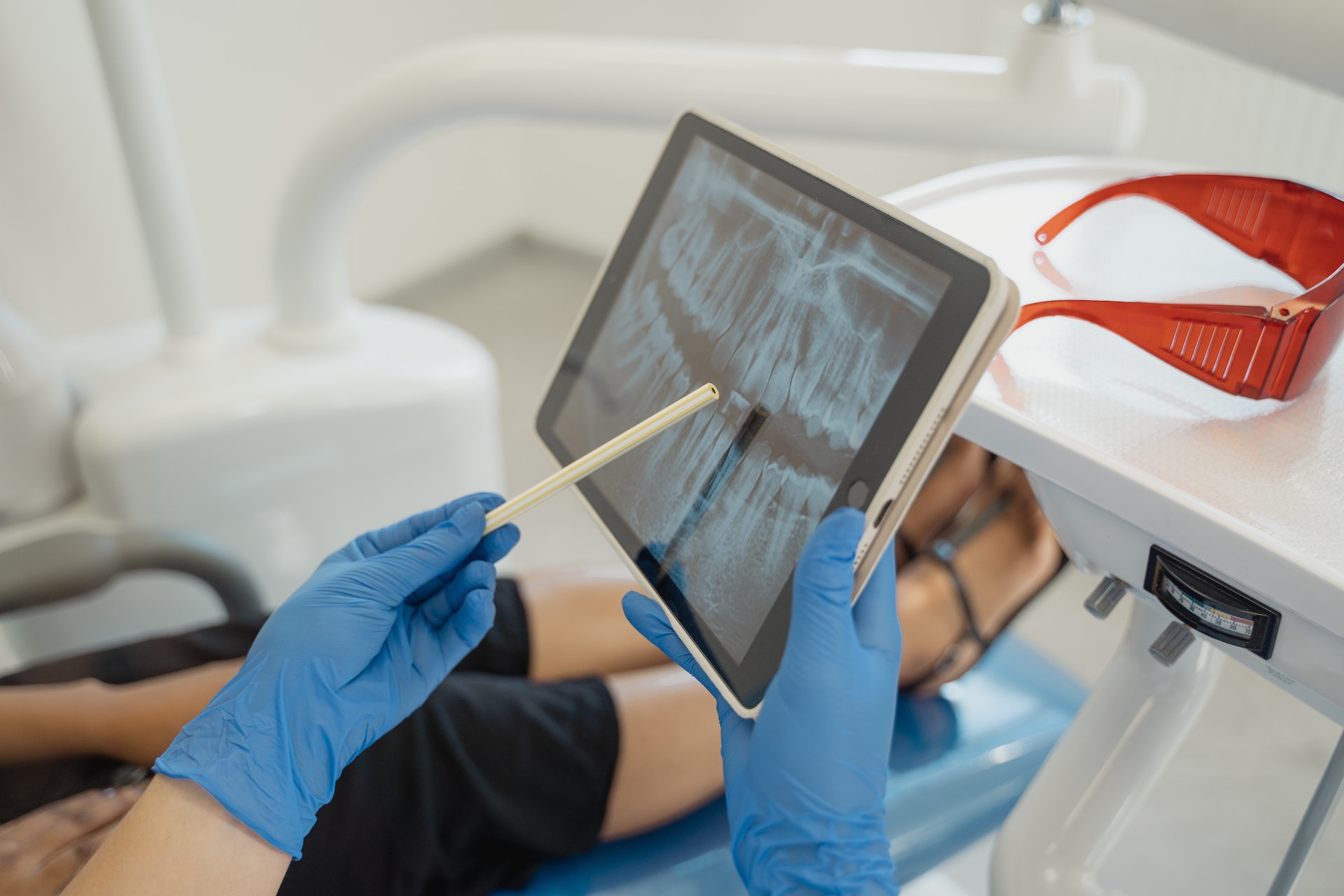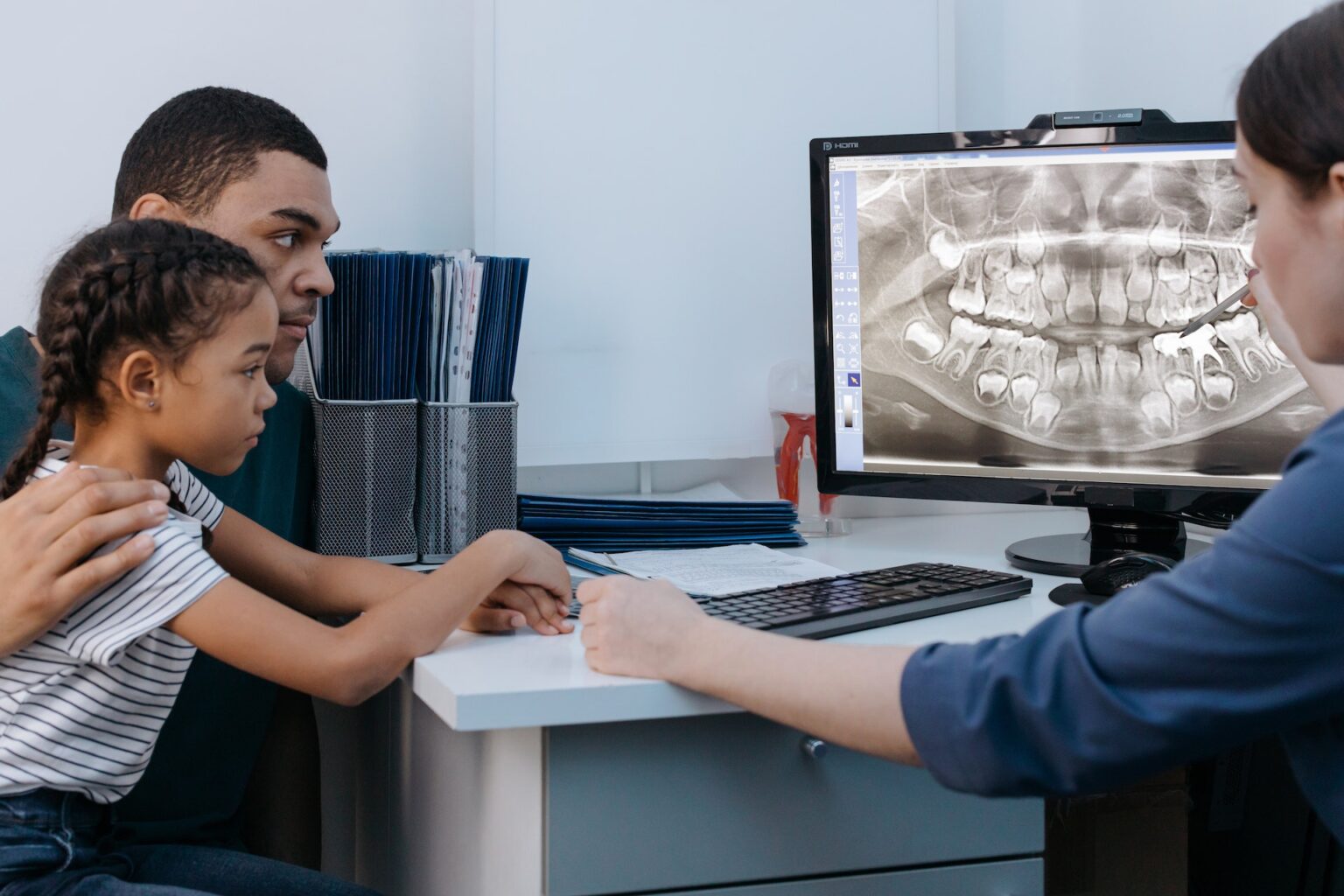Approximately 200 million Americans used mouthwash in 2020, and the number has kept increasing with growing awareness about the importance of oral health. Good oral health is a strong indicator of overall health, and mouthwash is a simple way to maintain and protect healthy teeth.
A mouthwash is an oral rinse that can be used to cleanse your teeth, gums, and mouth. It is designed to be held and swished around in the mouth for a few minutes but should not be used as a replacement for regular brushing or flossing. Besides brushing and flossing, using a dental rinse is necessary when you’re establishing a good oral care routine. If you’re trying to determine why and when you should use mouthwash, keep reading:
Why Should I Use Mouthwash?
Many people wonder why they would need to use mouthwash, especially if they’re already brushing and flossing regularly. Using it can be an excellent supplementary step to enhance your regular oral care routine and keep your teeth healthy. It has anti-microbial and bacteria-killing properties, which can help those who are struggling to stay on top of their oral health. Even if you’re visiting the dentist regularly for a dental check-up, you still need to be doing everything possible at home to minimize the chances of developing cavities or other serious oral health problems.
But sometimes just using mouthwash isn’t enough, and you have to know whether to use mouthwash before or after brushing for the best results. There are many health benefits of using a good oral rinse, including:
- Preventing tooth decay
- Controlling bad breath
- Reducing chances of gingivitis
- Combating dry mouth
- Helping in teeth whitening
You might be thinking that using an oral rinse at any time is good enough to get all the health benefits associated with using it, but sometimes, that simply isn’t enough. Knowing when to use mouthwash is crucial to ensure that you get the most out of it.
Types of Mouthwash
Before you think about when is the best time to use mouthwash, it’s important to know whether you’re using the right one. With so many varieties available today, it can be challenging to know if you’re using the right one for your needs. There are two main types that are available in most pharmacies and supermarkets.
Therapeutic Mouthwash
This type of oral rinse is designed to improve oral health by reducing plaque and killing bacteria. It’s also very helpful in eradicating gingivitis. If an individual is dealing with specific oral health problems, like bad breath, dentists will generally recommend a therapeutic oral rinse. Most therapeutic oral rinses contain various active ingredients, including:
- Essential oils: Natural oils like menthol have anti-microbial properties, which makes them ideal to use in a mouthwash. It can also be used to treat periodontitis.
- Fluoride: This is a critical factor in preventing tooth decay and strengthens tooth enamel.
- Chlorhexidine: Has antiseptic properties that work towards reducing plaque build-up.
Cosmetic Mouthwash
If you’re just looking to freshen up your breath and have a pleasant taste in your mouth, a cosmetic oral rinse is what you’re looking for. While you can use this mouthwash after eating meals or in the morning, it typically works best when you’ve had strong-smelling foods that can impact the bacteria in your mouth. Many of these oral rinses contain alcohol, which can be ideal for killing any bacteria that is leading to bad breath.
You may find cosmetic oral rinses that contain artificial flavoring and sweeteners that enhance the taste of it without affecting your oral health. If you’re unsure of what kind of oral rinse you should be using, it’s always best to consult a dentist about it.
Does Time Matter?
While you can use mouthwash any time you really feel like it, there are times when using it can be more effective for your overall oral health. There are also times when using mouthwash can be more detrimental to your oral health than you think. For example, using mouthwash right after brushing can wash away the fluoride in your toothpaste, which is helpful in preventing tooth decay.
If you have open sores, wounds, or gum sensitivity, it is recommended not to use mouthwash unless specifically recommended by your dentist. Using it right before eating may also be counterproductive, as eating can build up plaque and bacteria in your mouth.

The Best Time to Use Mouthwash
Depending on your daily routine, diet, and lifestyle, the best time to use an oral rinse can vary. If you’re looking to build a healthy oral routine, here are recommended times when you should be using mouthwash.
After Brushing
Using an oral rinse immediately after brushing your teeth is not recommended, but it is encouraged to use an oral rinse thirty minutes after brushing your teeth. This allows enough time for the fluoride in your toothpaste to protect your teeth, and the mouthwash can further protect your teeth from any harmful bacteria or plaque buildup. Start by brushing your teeth, follow up with floss, and complete it with your oral rinse.
Similarly, if you’re wondering whether to use mouthwash before or after brushing, there is a general consensus that using it after brushing is more effective for your oral health. Anti-microbial properties of oral rinses can be diminished if you brush your teeth right after.

After Eating
Whether you’re having an 8-course meal or a light snack, using some form of oral care right afterward can prevent any food particles from sticking and bacteria from building up. If you’re looking for an effective way to keep your teeth safe, using an oral rinse right after you’re done eating can be incredibly useful.
Carrying your preferred oral rinse in a small travel-sized bottle is ideal when you’re constantly on the go, as it can help prevent bad breath and keep confidence high.
Before Bed
Bacteria can build up while you’re asleep, and it never hurts to give your teeth that extra layer of protection to prevent bacteria growth at night. For best results, make sure that you’re not eating anything after you use an oral rinse for the night.
Keep Your Teeth Protected, Always
At Definitive Dental, we’re committed to taking your smile to new heights. Knowing when to use mouthwash is not enough when you want to maintain your oral health and feel confident about your smile. If you’re feeling unsure about what type of mouthwash to use or how to build the right oral routine for your needs, our team is here to help. From dental check-ups to dental implants, we are Grand Prairie’s specialized dentists who are here to cater to your every need.
Schedule an appointment with us by calling us at (972) 646-0660, or fill out our contact form today!









